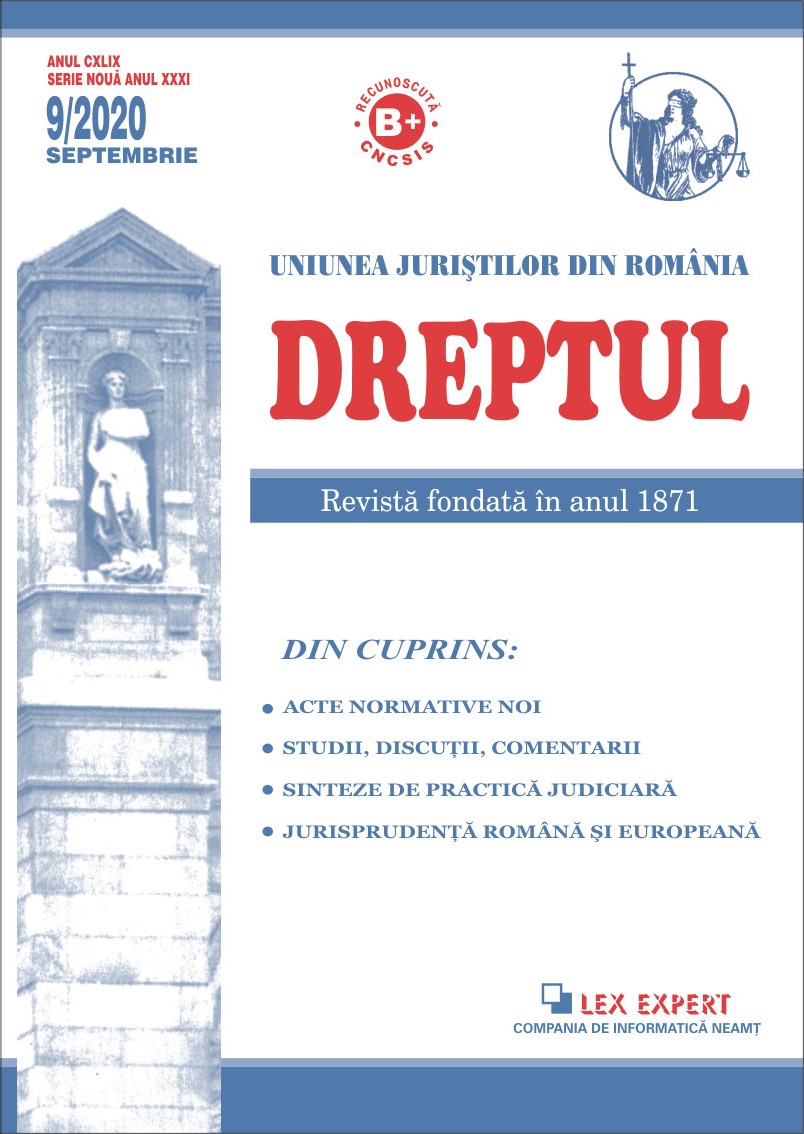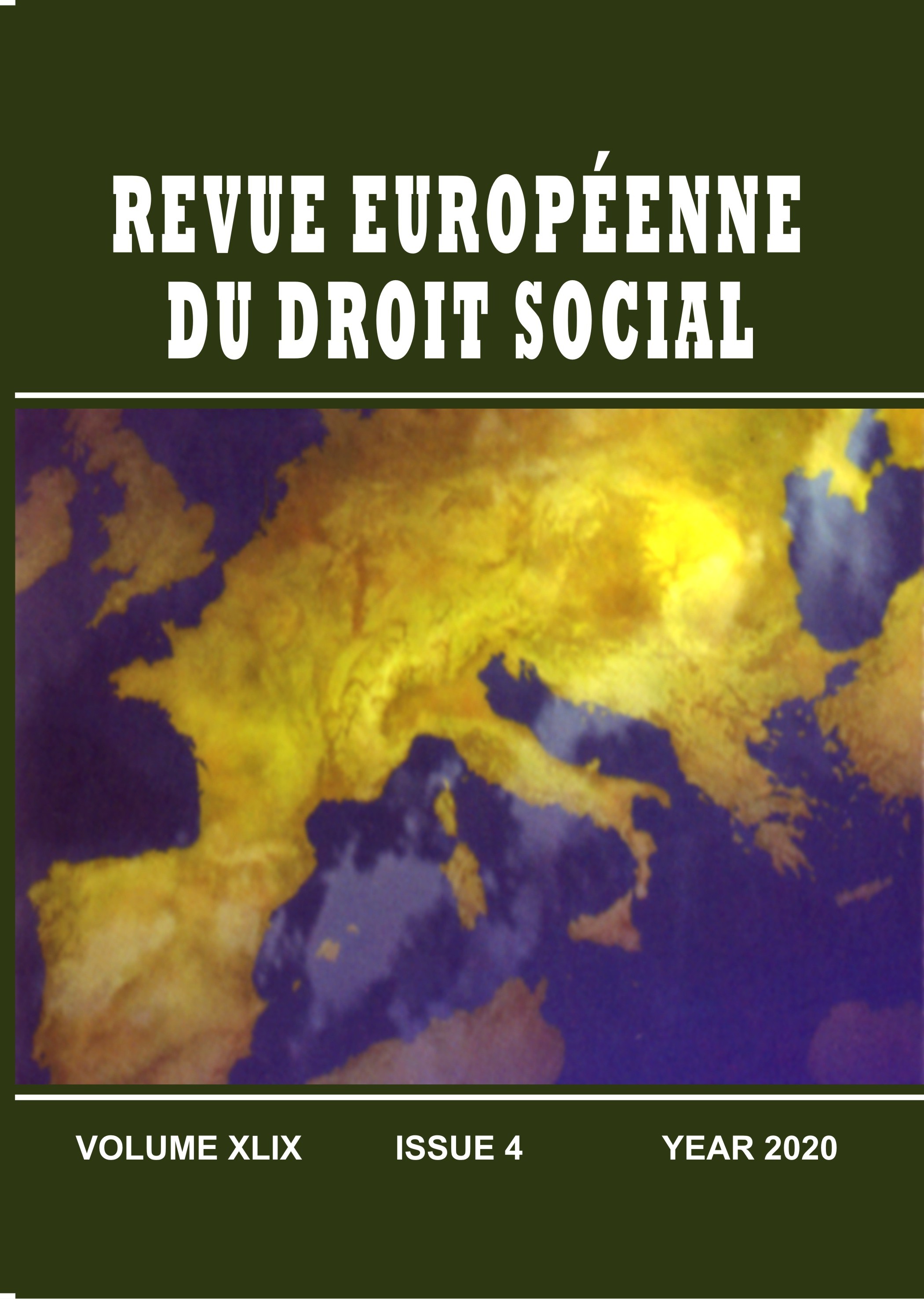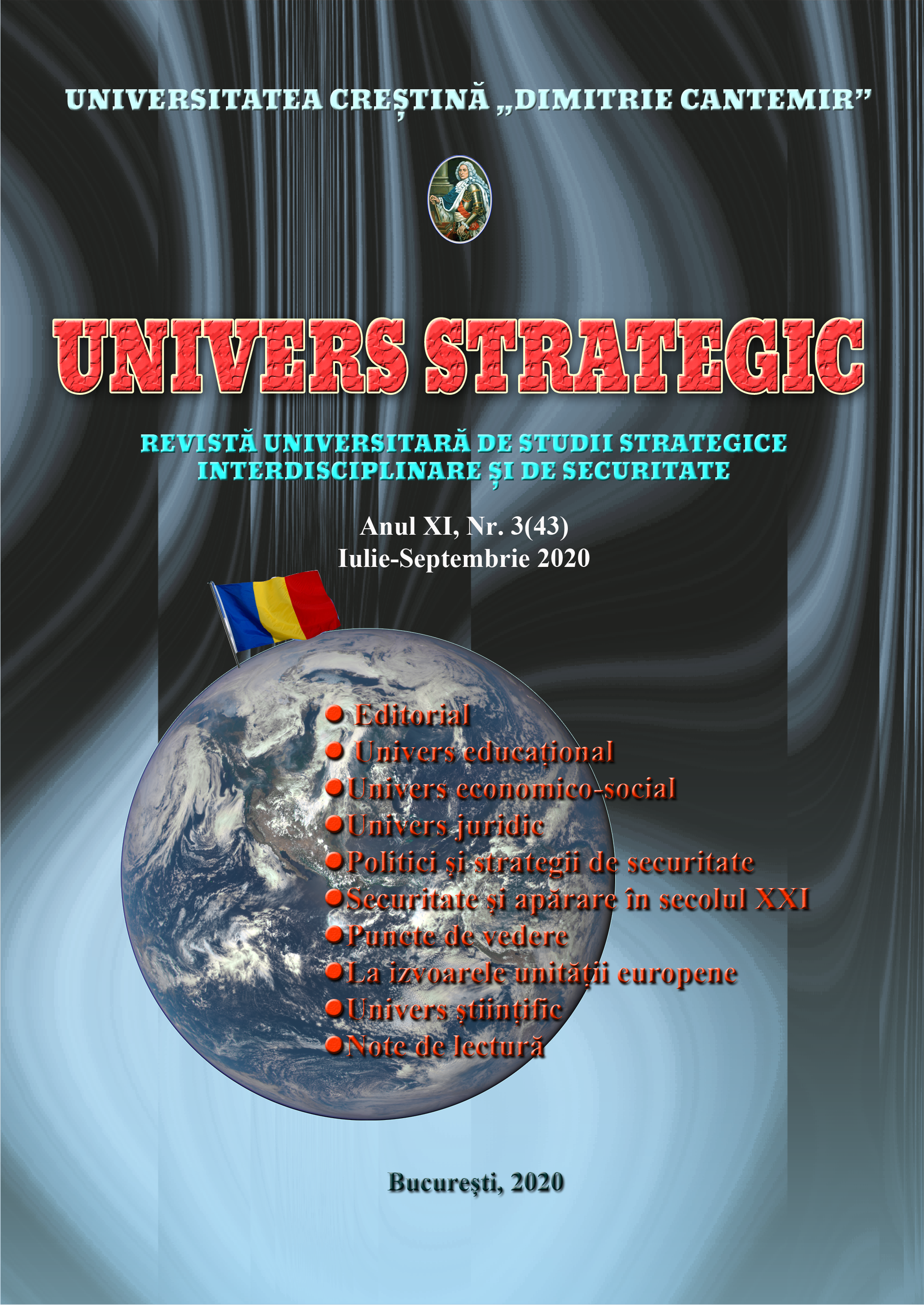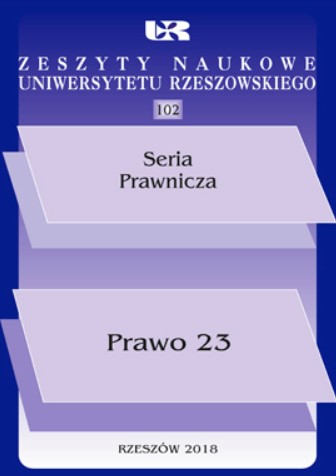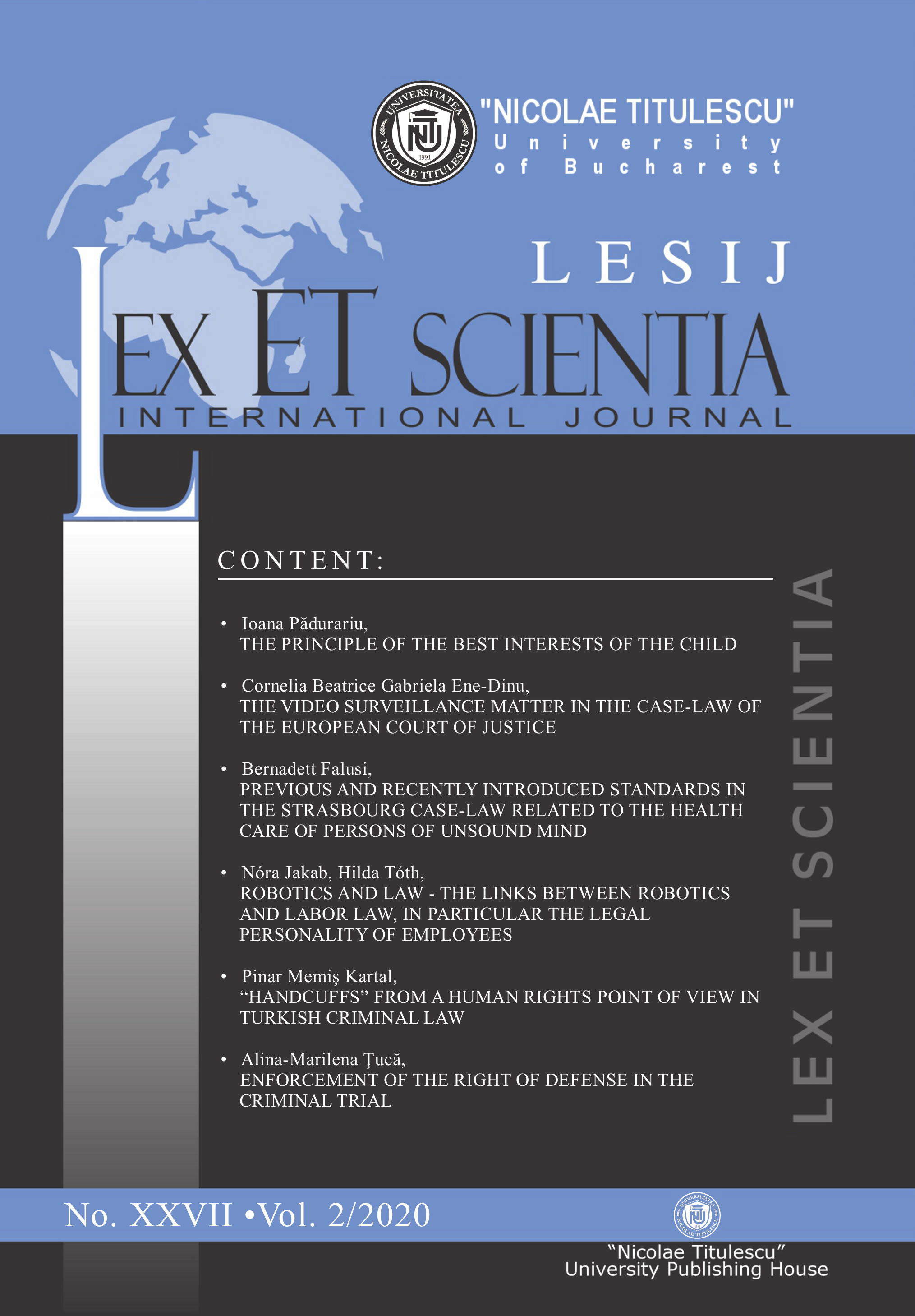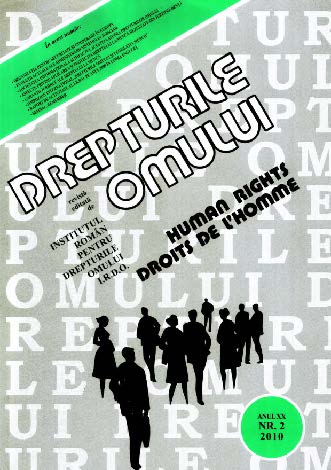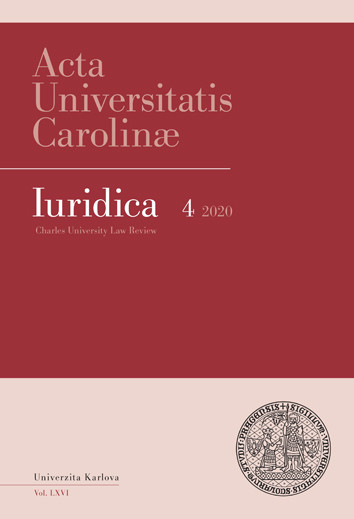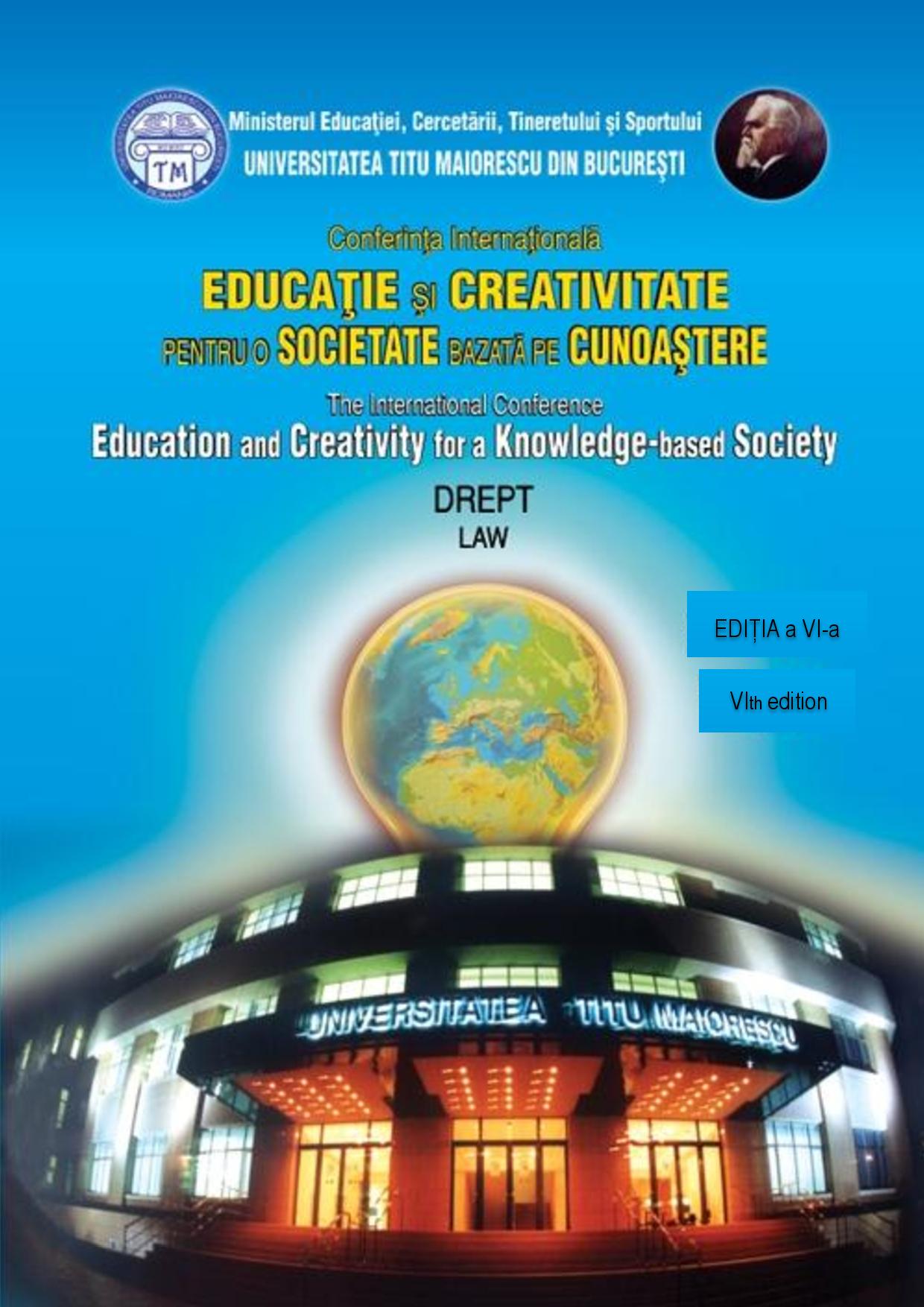
THE PRINCIPLES OF PRODUCER LIABILITY FOR FOOD QUALITY
Freedom of choice is a fundamental right of the consumer under which production takes place the entire mechanism-circulation-consumption. State, national and international mechanisms has, or should have, as an objective consumers unlimited access to products and information about them. However, food law should have general objectives and the protection of human health, consumer interests, the use of fair practices in food trade. This is because it is necessary to follow to protect consumer interests and to provide information needed by them to knowledgeably choose the foods we eat, to prevent the counterfeiting of fraudulent or deceptive practices or any practices which may induce confusion to consumer.
More...
